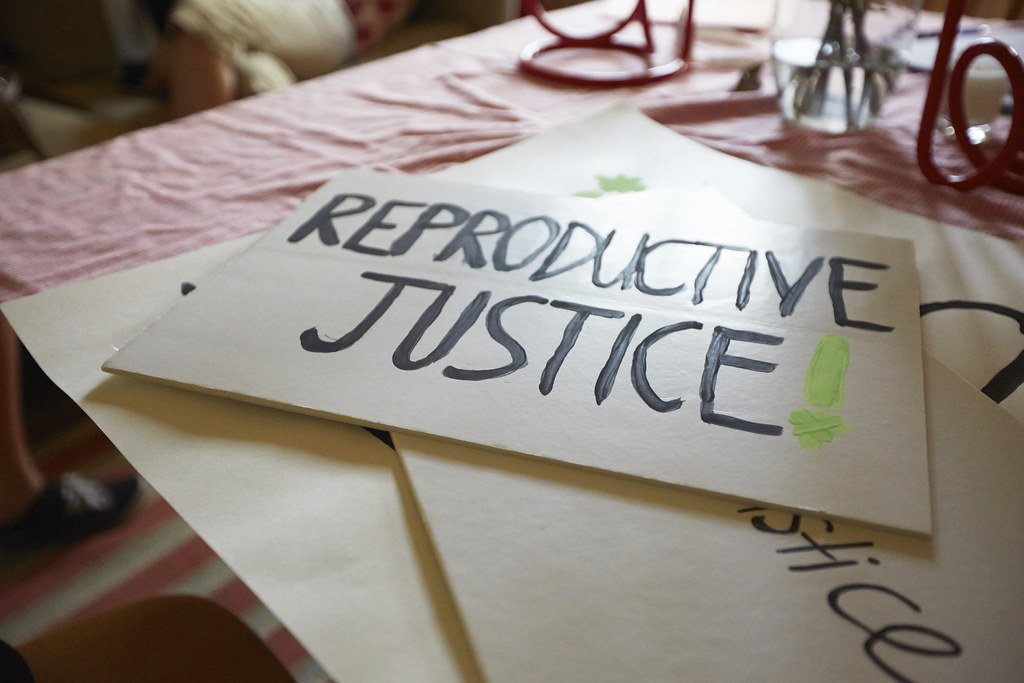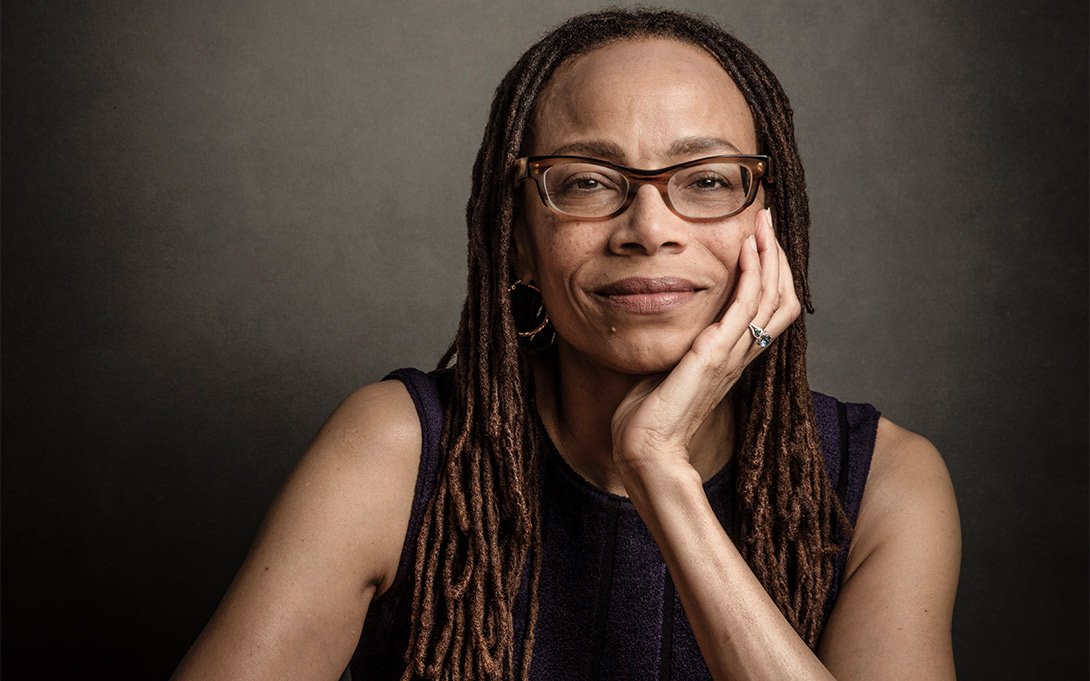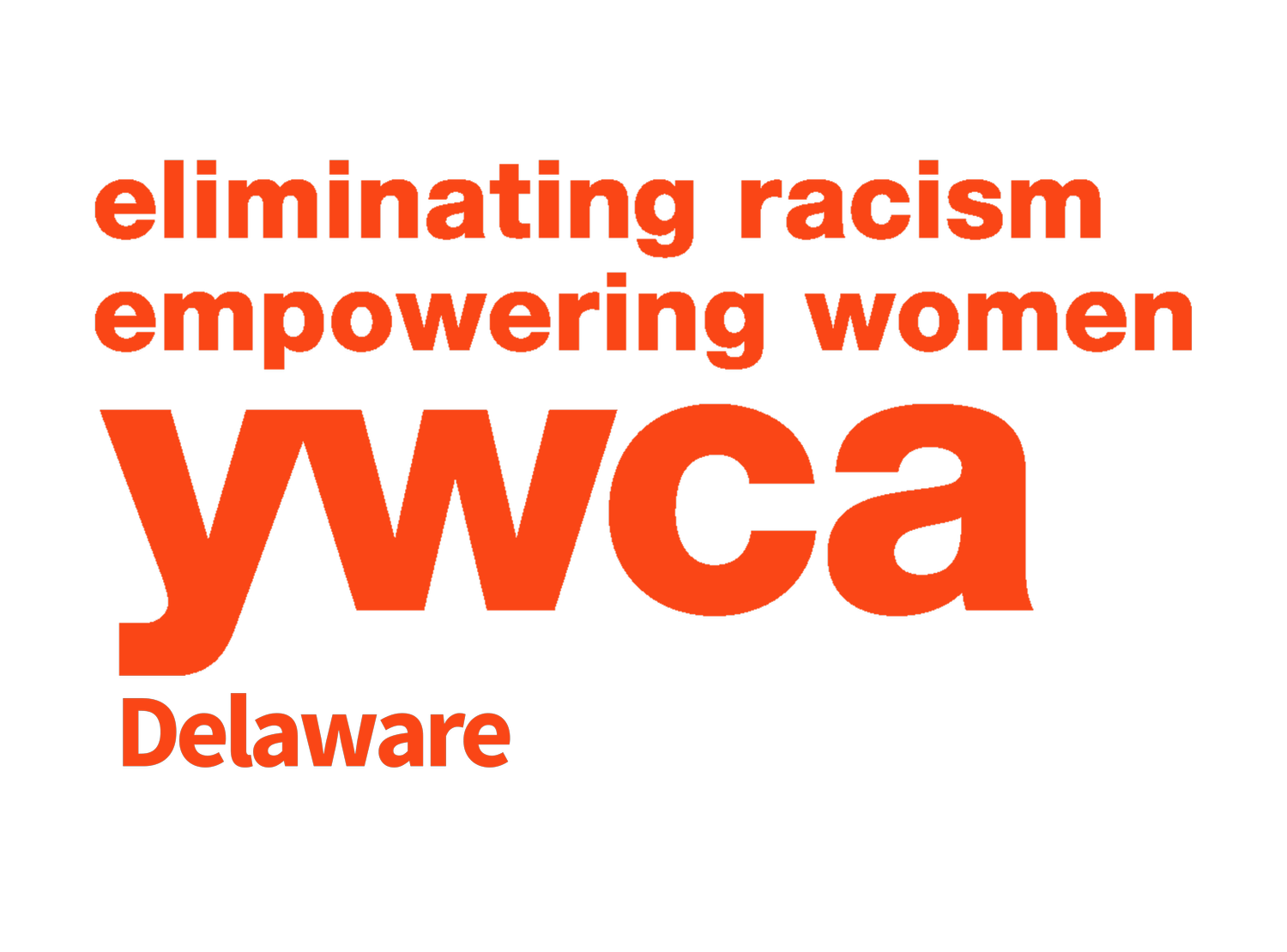
Spotlighting Reproductive Justice Advocates
Gloria Steinem
“Reproductive freedom is critical to a whole range of issues. If we can't take charge of this most personal aspect of our lives, we can't take care of anything.”
SisterSong defines Reproductive Justice as the human right to maintain personal bodily autonomy, have children, not have children, and parent the children we have in safe and sustainable communities. As we commemorate Juneteenth, a day of liberation and reflection on the journey to freedom, we honor the the advocates who have advanced the principles of reproductive justice and empowered communities to assert their rights and dignity.
-

Harriet Jacobs (1813 - 1897)
Jacobs, who herself was enslaved in North Carolina, authored the autobiography "Incidents in the Life of a Slave Girl" under the pseudonym Linda Brent. In her book, published in 1861, Jacobs vividly described the sexual exploitation and reproductive injustices faced by enslaved women, including herself. She exposed the pervasive sexual harassment and assault endured by enslaved women, as well as the harsh realities of forced pregnancy and motherhood under slavery. Jacobs' courageous narrative brought attention to the reproductive abuses suffered by enslaved women and contributed significantly to the abolitionist movement's understanding of gender-based oppression within slavery.
Jacobs worked as a teacher and advocate for African American education after gaining her freedom. She believed strongly in the power of education to uplift individuals and communities, particularly African American women.
Harriet Jacobs' achievements as an author, abolitionist, educator, and advocate for women's rights have left a lasting impact on American history and continue to be celebrated for their significance in understanding the complexities of slavery and the resilience of African American women.
-

Dr. Dorothy Ferebee (1898 - 1980)
Dr. Dorothy Ferebee founded the Mississippi Health Project under the Alpha Kappa Alpha Soriety. The project provided much-needed medical care to thousands of rural, underserved African Americans in the Mississippi Delta during the Great Depression. The team offered immunizations, medical treatments, health education, and expanded on social welfare programs, emphasizing public health initiatives and community service.
Dr. Ferebee served as the National Council of Negro Women's president from 1949 to 1953. Under her leadership, the NCNW expanded its programs to address a wide range of issues, including healthcare, education, and economic empowerment for African American women and their families.Dr. Ferebee also served as the director of health services at Howard University, where she was instrumental in improving the university's health care system.
Throughout her career, Dr. Ferebee was a staunch advocate for maternal and child health. She worked tirelessly to reduce infant and maternal mortality rates, particularly in African American communities. Her efforts included lobbying for better healthcare policies and services, conducting research, and providing direct medical care and education to underserved populations.
-
Dr. Helen Rodríguez-Trías (1929 - 2001)
Dr. Helen Rodríguez-Trías Dr. Rodríguez-Trías co-founded the Committee to End Sterilization Abuse (CESA) in the 1970s to combat the widespread, coerced sterilization of women, particularly targeting minority and low-income populations. The committee's work brought national attention to the issue, leading to significant reforms, including the requirement of informed consent for sterilization procedures.
In 1993, Dr. Rodríguez-Trías became the first Latina to be elected president of the American Public Health Association (APHA). During her tenure, she focused on issues of health equity, advocating for the rights of marginalized communities and working to address the social determinants of health.Dr. Rodríguez-Trías was deeply involved in efforts to address the HIV/AIDS epidemic, particularly its impact on women and children. She worked to develop education and prevention programs and improve access to treatment and support services for affected individuals.
In 2001, Dr. Rodríguez-Trías was awarded the Presidential Citizens Medal, one of the highest civilian honors in the United States. This award recognized her lifelong commitment to social justice, her advocacy for health equity, and her contributions to public health.
-

Gloria Steinem (1934 - Present)
Gloria Steinem is a prominent feminist, journalist, and social-political activist who co-founded Ms. Magazine, the first national magazine to make feminist voices and issues widely accessible.
Steinem authored several influential books, including "Outrageous Acts and Everyday Rebellions" (1983), "Revolution from Within: A Book of Self-Esteem" (1992), and "My Life on the Road" (2015). These works have inspired countless readers and contributed to feminist literature.
Alongside prominent feminists like Bella Abzug, Shirley Chisholm, and Betty Friedan, Steinem co-founded the National Women's Political Caucus, an organization dedicated to increasing women's participation in the political process and supporting women candidates for public office.
Steinem co-founded the Women's Action Alliance, a network aimed at promoting feminist organizing and advocacy.
Steinem was a tireless advocate for the Equal Rights Amendment, which sought to guarantee equal rights under the law regardless of sex and co-founded the Ms. Foundation for Women, a nonprofit organization that funds and supports women's initiatives across the country.
-

Faye Wattleton (1943 - Present)
Faye Wattleton is an American reproductive rights activists who was the first African American and the youngest president of Planned Parenthood, and the first woman since Margaret Sanger to hold the position. During her tenure, she expanded the organization's services, including comprehensive sex education and access to contraception, and strengthened its advocacy for reproductive rights.
Under her leadership, Planned Parenthood increased its focus on reproductive rights, health education, and preventive care.
In 1995, Wattleton co-founded the Center for the Advancement of Women, an independent, nonpartisan research and education institution. The Center focused on identifying and addressing issues affecting women's lives, providing research and data to inform policy and advocacy effort.
-

Loretta Ross (1953 - Present)
Loretta Ross co-founded the SisterSong Women of Color Reproductive Justice Collective in 1997 which has played a crucial role in expanding the reproductive rights movement to include a broader social justice framework.
Ross was instrumental in conceptualizing and popularizing the term "reproductive justice," which integrates reproductive rights with social justice, emphasizing the intersectionality of race, gender, and economic status in addressing reproductive health.
Ross served as the Director of the Women of Color Program for NOW, where she worked to increase the organization's focus on the unique issues facing women of color and to diversify the feminist movement.As the program director, Ross worked to combat hate groups and racial violence, integrating her reproductive justice work with broader human rights and social justice efforts.
Ross has held academic positions at institutions like Hampshire College and Smith College, where she has educated and mentored students in the principles of reproductive justice, influencing the next generation of activists and scholars.
Ross has co-authored and contributed to several key publications on reproductive justice, including "Undivided Rights: Women of Color Organize for Reproductive Justice" and "Radical Reproductive Justice: Foundation, Theory, Practice, Critique," which have become essential readings in the field.
She was also a leading figure in the campaign against coerced sterilization of women of color, bringing national attention to this human rights violation and advocating for policy changes to protect vulnerable communities.
-

Dorothy Roberts (1956 - Present)
In her seminal work, "Killing the Black Body: Race, Reproduction, and the Meaning of Liberty," Dorothey Roberts examines the history and ongoing impact of reproductive control policies on Black women in the United States. It has been highly influential in both academic circles and public policy discussions, highlighting the intersection of race, reproduction, and social justice.
Roberts' research and scholarship have been instrumental in highlighting how legal systems and policies disproportionately affect women of color. Her work has deepened the understanding of the intersections between race, gender, and reproductive rights, influencing both academic discourse and policy reform.At the University of Pennsylvania, Roberts founded PRSS to address the implications of race in scientific research and public policy. The program promotes interdisciplinary research and dialogue on the social impacts of race and science, fostering critical analysis and advocacy.
In her book "Shattered Bonds: The Color of Child Welfare" (2002), Roberts exposes the racial disparities within the child welfare system and advocates for reforms to protect the rights of families of color. Her work has been pivotal in bringing attention to and addressing systemic injustices in child welfare.
-

Lynn Paltrow
Lynn Paltrow co-founded NAPW, an organization dedicated to defending the rights and dignity of pregnant and parenting people. NAPW has been instrumental in challenging discriminatory policies and practices that harm pregnant individuals.
Paltrow has been involved in numerous groundbreaking legal cases defending the rights of pregnant women. Her advocacy has focused on challenging punitive laws and policies, including those related to abortion, drug use during pregnancy, and childbirth.
Through NAPW, Paltrow has worked to protect reproductive justice and human rights, emphasizing the intersections of race, class, and gender in legal cases and public policy debates.Paltrow has engaged in policy advocacy to promote laws and policies that uphold the rights of pregnant individuals and support reproductive autonomy. She has also contributed to educating lawmakers, advocates, and the public about reproductive rights issues.
Paltrow has authored articles and publications that analyze the legal and social implications of policies affecting pregnant individuals. Her work has contributed to shaping legal arguments, influencing public opinion, and advancing the field of reproductive justice.
Watch Now - Let’s Talk Reproductive Justice
YWCA Delaware's Racial and Social Justice (RSJ) program helps to transform communities by awakening consciousness, promoting inclusion and solidarity, and cultivating civic engagement in individuals and organizations to advocate for justice and inspire a movement.
Explore Our Journey to Freedom
Mile Markers
-
Courageous Leaders of the Abolitionist Movement
-
Pioneers and Leaders of YWCA
-
Civil Rights in America
-
Celebrating Voting Rights Champions
-
Spotlighting Reproductive Justice Advocates
-
Champions of Education Equality
-
Advocates Driving Criminal Justice Reform
-
Youth Leaders of America
-
Pioneers of Housing Justice


